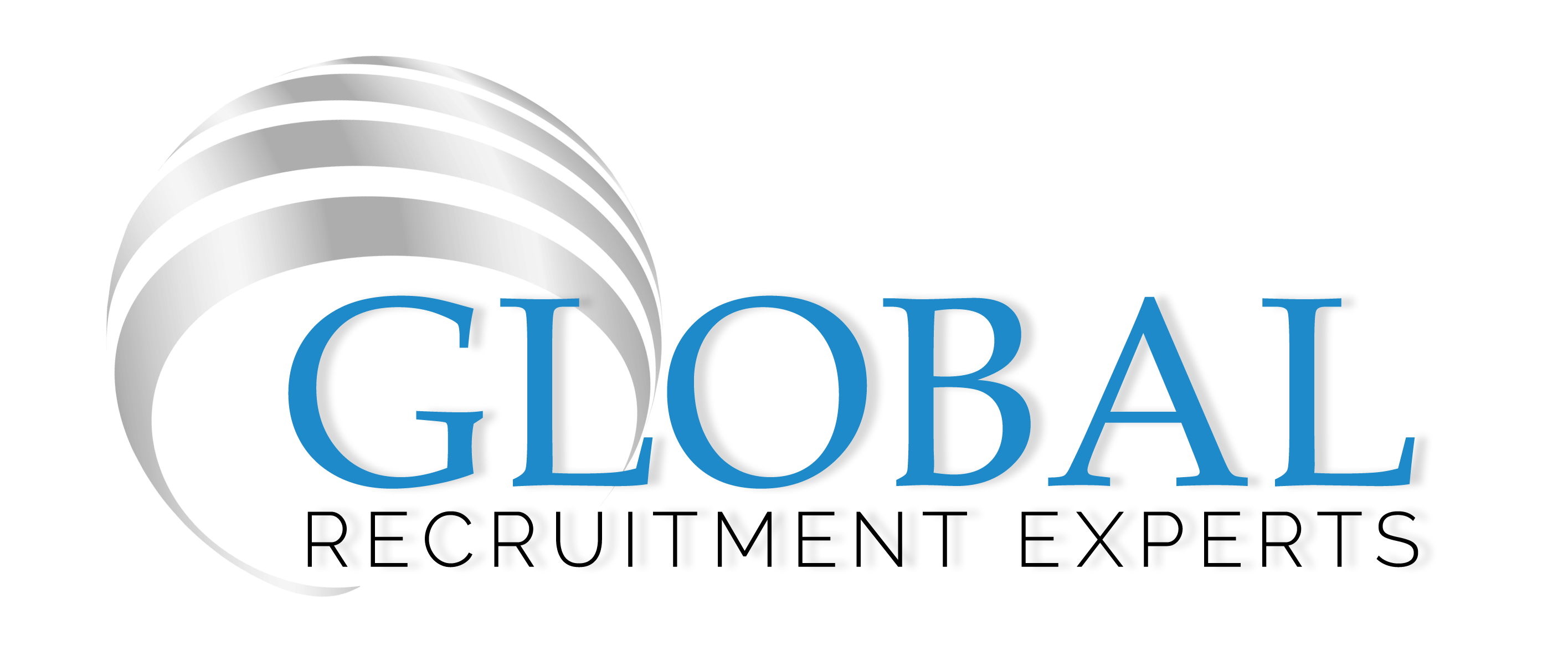Trends in Higher Education Hiring in 2025 – Market Outlook and GRE Insights
Universities worldwide are under pressure in 2025. Faculty shortages, credentialing complexity, and competition for top talent are reshaping hiring. HR leaders must act faster, think globally, and refine processes to stay ahead.
This article highlights academic hiring trends in 2025 across three regions—North America, Europe, and Asia-Pacific—and offers strategies HR teams can use to improve results.
The Global Higher Ed Hiring Climate
Three forces dominate higher education hiring in 2025:
- Demographic shifts – declining student populations in North America and Europe, booming demand in Asia-Pacific.
- Financial pressures – budget cuts in mature markets, new investment in emerging hubs.
- Changing expectations – faculty and staff seek growth, flexibility, and supportive cultures.
The result: universities are competing for talent in ways once seen only in the private sector
North America: Faculty Shortages and Retention Struggles
- Retirement wave:S. and Canadian universities face mass retirements, especially in healthcare and STEM. A third of U.S. nursing faculty will retire by 2025, leaving major gaps.
- Enrollment cliff: Declining student numbers push hiring into “marketable” fields like technology, business, and healthcare. Humanities face freezes.
- Turnover: Staff turnover rose nearly 20% in three years, driven by burnout and private sector competition.
Implications for HR: Build succession pipelines, speed up decision-making, and adopt retention programs to reduce churn. Universities unable to act quickly risk losing candidates to industry.
(Explore how GRE supports university staffing solutions in North America.)
Europe: International Talent as a Strategic Priority
- Government programs: France’s Choose France for Science and Norway’s funded schemes aim to pull global researchers into Europe.
- Academic freedom advantage: Stability and funding attract U.S. and UK scholars seeking predictable environments.
- Strategic fields: Hiring is focused on AI, climate research, and healthcare, aligned with EU priorities.
Implications for HR: Credential recognition and cultural onboarding are key hurdles. Market academic freedom and stability to stand out.
(GRE’s academic recruitment agency expertise helps European universities streamline credentialing and relocation.)
Asia-Pacific: Growth, Competition, and New Hubs
- Rapid expansion: China and India are scaling universities aggressively, recruiting globally to meet demand.
- Competitive packages: Universities in Singapore and Gulf states offer tax-free salaries, housing, and relocation perks.
- Regional mobility: Japan, South Korea, and Malaysia are loosening visa rules to attract young researchers.
Implications for HR: Universities must act fast, package offers competitively and provide relocation support to compete with global peers.
(GRE provides faculty recruitment support across Asia-Pacific to meet scaling needs.)
The higher education hiring challenges of 2025 are real, but they are not insurmountable. HR leaders who build pipelines, embrace flexibility, and think globally will win the talent race.
Partnering with a trusted academic recruitment agency like Global Recruitment Experts ensures access to international faculty, simplified compliance, and faster time-to-hire.
Don’t let shortages slow your institution’s progress.
Contact Global Recruitment Experts today to start building your 2025 recruitment strategy.

Struggling with faculty shortages in 2025?
Global Recruitment Experts delivers university staffing solutions across North America, Europe, and Asia-Pacific. From credentialing to relocation, we help HR teams fill roles quickly and confidently.
Frequently Asked Questions
What are the top hiring challenges for universities in 2025?
Shortages in STEM and healthcare faculty, slow credentialing for international hires, and competition with industry.
Which regions are experiencing the biggest hiring shifts?
North America (retirements, enrollment decline), Europe (global talent attraction), and Asia-Pacific (rapid expansion and mobility).
How can HR leaders improve hiring outcomes?
Build faculty pipelines, improve employer branding, offer flexibility, and work with recruitment partners.
Do agencies help with global faculty hiring?
Yes. GRE manages sourcing, licensing, visas, and relocation for international faculty hires.

